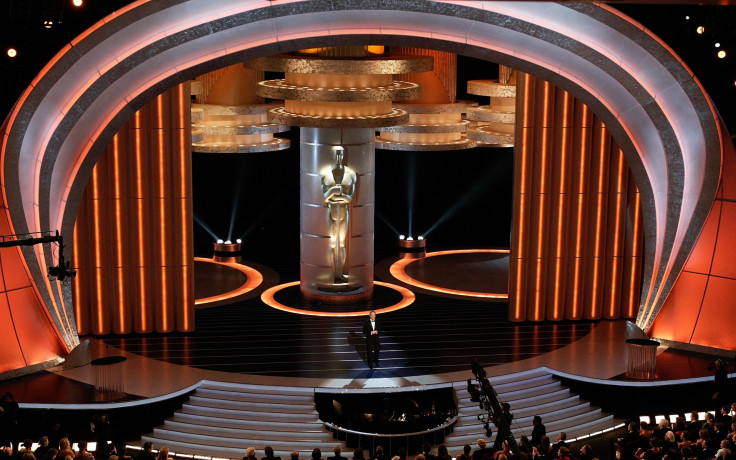Oscar Nominations Can Bring Financial Windfall, But Telecast Ratings May Not Matter For Movies

LOS ANGELES — Oscar buzz can have a strong stimulating effect on a movie’s financial performance, and it’s already happening this year. Hollywood itself is riding high, coming off a record $11 billion year at the box office. But does that mean people will tune in to watch Sunday’s Academy Awards telecast in record numbers? The short answer is maybe.
While academy nods do influence the ticket-buying public, that correlation doesn’t always work the other way around. In fact, ratings for the Oscars telecast don’t have much correlation with Hollywood’s bottom line — probably because a lot of the big seat-filling blockbusters typically aren’t represented among the nominees.
Consider 2014, when the American box office dropped 5 percent from the prior year. That same year, Oscar ratings fell by 15 percent. Conversely, the box office jumped 5 percent between 2006 and 2007, after which the Oscars had its worst ratings ever. And while Chris Rock hosting and Hollywood’s diversity controversy could generate more interest in the ceremony Sunday, last year’s record-setting box office had a lot more to do with movies left out of the main categories. The two biggest films, “Star Wars: The Force Awakens” and “Jurassic World,” were left out of acting, writing and directing nominations.
Holiday movies that snag Oscar nods often get a notable bump when the academy announces them in mid-January as audiences across the country want to know what the hype is about. “Room” and “Brooklyn,” two Best Picture nominees with Irish ties and relatively modest audiences, benefited this year after reeling in a combined seven nominations. “Room,” a suspense thriller released Oct. 16, first opened in more than 200 theaters nationwide after nominations were announced Jan. 14 and upped its take by 70 percent. It has made the majority of its nearly $13 million domestic haul since then. “Brooklyn,” which came out Nov. 4, opened in 393 additional theaters the week beginning Jan. 15, beating the previous week’s revenue by 86 percent.
The best example might be 2014’s “American Sniper,” which made about $3 million in U.S. theaters before it was nominated for six Academy Awards, and $347 million thereafter. But an Oscar nomination alone usually isn’t enough to drive business for a movie that hasn’t already resonated with crowds to a certain degree. The academy, which, as everyone now knows, isn’t the most diverse voting body out there, has its own particular tastes, and those tastes don’t always overlap with the moviegoing public. “Star Wars” and “Jurassic World” had the two biggest opening weekends ever, and got fairly scant recognition.
However, the so-called Oscar bump is real enough for studios to invest marketing resources in trying to get more Oscar love. In parts of Los Angeles, it’s harder to find a cigarette than a movie screener despite the efforts of studios to prevent leaks. Distributing and tracking that many DVDs isn’t cheap; in fact, it can cost as much as $300,000. But that pales in comparison to the cost of full-on marketing campaigns, which include dinners at Michelin-starred restaurants and can cost as much as $10 million, Variety reported.
This year’s returns seem like a mixed bag so far. The Leonardo DiCaprio adventure epic “The Revenant” was only released widely a week before nominations were announced — avoiding the peak of “Star Wars” — but it’s brought in about $384 million globally on a budget estimated at $135 million. On the other hand, deep-pocketed Netflix splashed the cash and plastered the town with ads for “Beasts of No Nation,” which got zero nominations. And Brie Larson of “Room,” the overwhelming betting favorite to win Best Actress, is the beneficiary of a substantial campaign by the film’s independent distributor, A24, on behalf of a movie that’s only made $23 million worldwide — less than “Star Wars” made in Russia.
Can these campaigns pay off? Sure. But there are plenty of paths to gold in Hollywood that have nothing to do with that familiar gold statuette.
© Copyright IBTimes 2024. All rights reserved.











